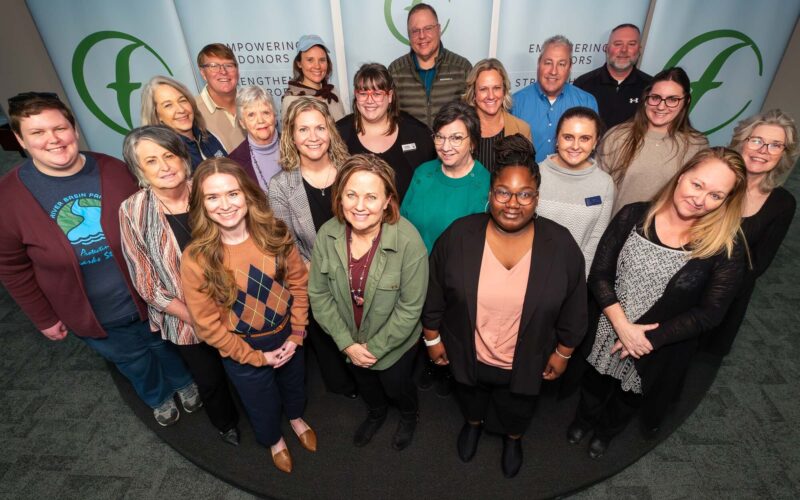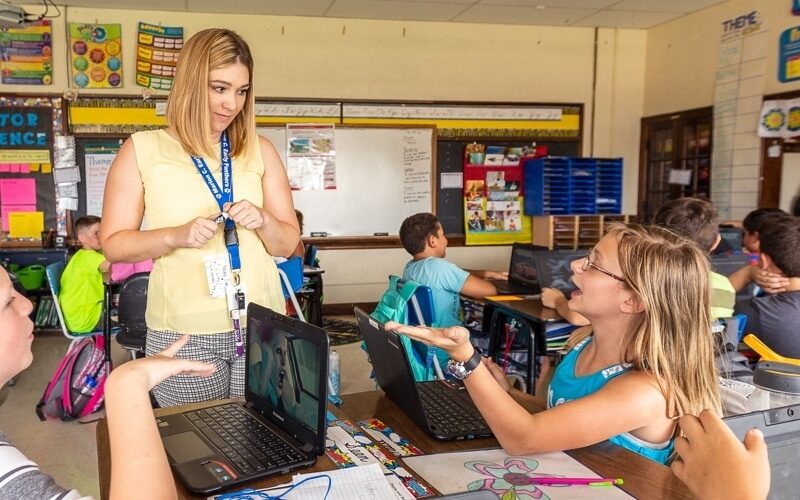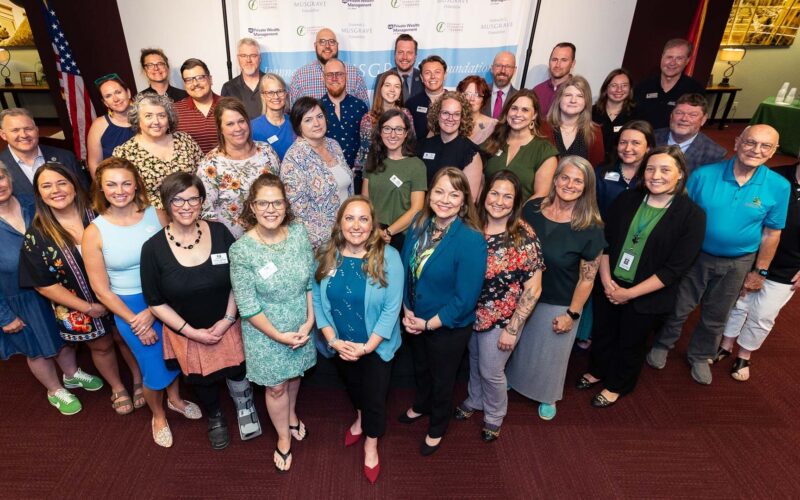May 12, 2021
Year-long RISE proves replicable in rural areas beyond Springfield
After five years and a $1.3 million philanthropic investment, the Northwest Project has positively influenced the lives of 464 individuals and spawned RISE, a new year-long program to guide people to economic self-sufficiency. Those are the banner highlights from the final annual report from the NWP (PDF).
Led by the Drew Lewis Foundation, Missouri State University and Drury University, the NWP began in April 2016. Its goal was to pilot strategies to help families overcome challenges that kept them living in poverty and develop tools to achieve long-term success in emerging from those circumstances. The NWP was funded by the largest single grant in the history of the Community Foundation of the Ozarks, along with support by the Jeannette L. Musgrave Foundation and the Stanley & Elaine Ball Foundation, managed by Central Trust Company.
The original Northwest Project concept was modeled on a program launched in Jacksonville, Florida, called “1,000 in 1,000,” which demonstrated success in reducing poverty by emphasizing “pivotal assets” that boost families’ opportunities for success. Examples of these include financial literacy, parenting skills, reliable transportation, affordable housing, quality childcare and others.
With the NWP now concluded, the DLF’s focus now shifts to supporting the economic self-sufficiency program it developed over the course of the last five years. DLF staff are now working to publish RISE — short for “Reaching Independence through Stability and Education” — as a fee-based resource available to organizations across the country, providing DLF with a revenue stream to support its ongoing efforts. The RISE program is currently funded through the next year with support from the CFO and other funders.
“When we look at the nitty-gritty of the success of the RISE program, we know that individuals move out of poverty through education, employment and social capital, which, simply put, comes down to support and relationships,” says Dr. Amy Blansit, CEO of the DLF and project director for RISE. “We see the greatest success in members who are able to stick with the program long-term and benefit from the support system of the community that results from participation.”
Other key highlights from the report:
- For all participating households, average monthly income increased by $568 and average credit scores increased by 48 points. Both of these points improve a program member’s “bankability,” which in turn has positive outcomes for mental and physical health.
- Members who remained active in NWP programming for 36 months improved their average monthly income by $798. While other poverty-reduction programs only provide 12 weeks of programming, RISE offers a full year of curriculum and case-management tools to have a more sustainable impact on members and build longer-lasting communities.
- Another goal of the initial grant was to create transferability of the pilot project. After starting at The Fairbanks community center in the Grant Beach neighborhood of Springfield’s Zone 1, RISE has since expanded to rural communities across the Ozarks. Aurora and Salem have had several cohorts complete the program, and new groups are forming in Eldon, El Dorado Springs, Hermann, Monett and Neosho.
- When the COVID-19 pandemic spread to Springfield, NWP staff began monthly tracking of the RISE self-sufficiency assessment, typically collected every six months from members. Of the 12 RSSA scores tracked through the surveys, the group’s average mental health and psychosocial scores saw the greatest fluctuation. This indicates the impact of the pandemic on members’ mental wellness, particularly related to community engagement and social support systems being limited due to precautions taken during the pandemic.
- Over the past five years, the NWP leveraged the initial philanthropic investment to secure an additional $850,000 in direct funding along with substantial in-kind resources provided by project partners, banking educators, legal professionals with the Springfield Metropolitan Bar Association and other community “allies,” who supported members.


